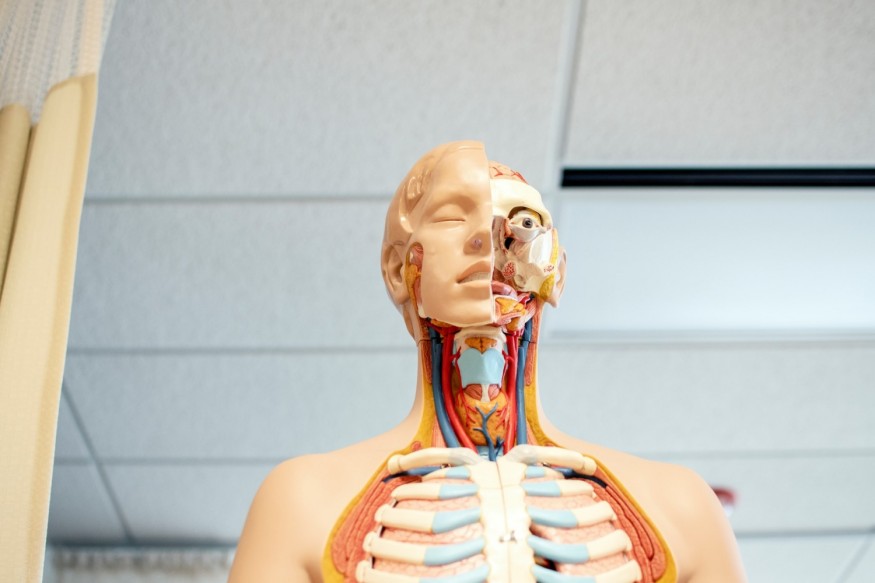
While much effort has been exerted to pursue immortality, it still remains elusive. However, recent innovative yet controversial efforts involving human clones have been taking further steps in this pursuit to some extent.
Can Cloning Make You Live Forever?
The Daily Mail reports how Insilico Medicine, a biotechnology company, thinks that human clones could be the key to immortality.
This sci-fi notion involves lab-grown bodies that could offer spare human organs that could serve as a "part replacement" of some sort. These spare human organs could be transplanted into humans when their very own fail. This could be done in order to prolong their lifespan.
Cloning efforts have already been performed among animals, with the most notable case being the 1996 Dolly the sheep. The Daily Mail reports that Dolly's case is the first animal cloning success. Cells from a six-year-old sheep's udder were used for such cloning efforts.
Plants have also gone through similar processes for thousands of years. However, the case for plants is simpler, as it takes place by simply cutting them.
Given these successes, specialists think that it may be possible for humans to scientifically achieve immortality as well.
Insilico Medicine head, Dr. Alex Zhavoronkov, thinks that such a cloning technique would become accessible during the lifetime of present-day children. These human clones would be capable of offering spare human organs, including the lungs, liver, or heart, for those who get unwell. The parts will be harvested from the clone and then transplanted into humans.
Controversial Innovation
While this endeavor may seem remarkably innovative, it is widely controversial. The National Review reports how this proposal is "not only immoral, it is monstrous." This is because human cloning would enable the asexual creation of human beings. This means that cloning in order to harvest body parts would entail the creation of "slaves" that would be treated as mere sources for crop harvest.
The Daily Mail also reports that ethical considerations regarding such a feat may include societal and religious values about the dignity of humans. It may also have implications regarding the values of autonomy, identity, and freedom.
There are also those who fear how such an innovation could be abused and taken advantage of by eugenic supporters.
On top of this, there are also huge scientific challenges that must be overcome, including the high rates of deformities and death among animal clones.
However, Dr. Zhavoronkov thinks that cloning is still the key to lengthening life expectancy. Dr. Zhavoronkov further mentions that if someone finds a way to workaround such regulatory and ethical concerns, few may be granted early access to such a technology. He also notes the many advantages and potential of such an endeavor.
Dr. Zhavoronkov is hopeful about the advancements in longevity science within the next ten years. However, it may take around 15 to 20 years for an adult clone to be raised.
RELATED ARTICLE : Is Pet Cloning A Good Idea? Here's Why the Rich Society Spends Up to $50,000 to Clone Their Fur Babies
Check out more news and information on Cloning in Science Times.
© 2025 ScienceTimes.com All rights reserved. Do not reproduce without permission. The window to the world of Science Times.











